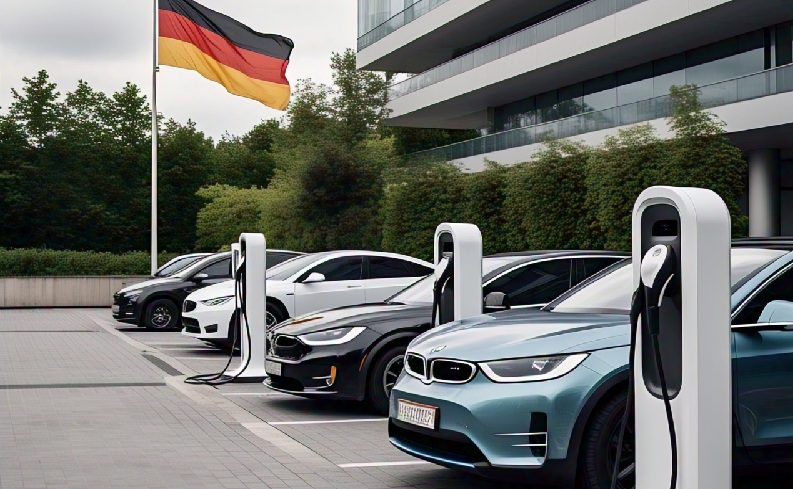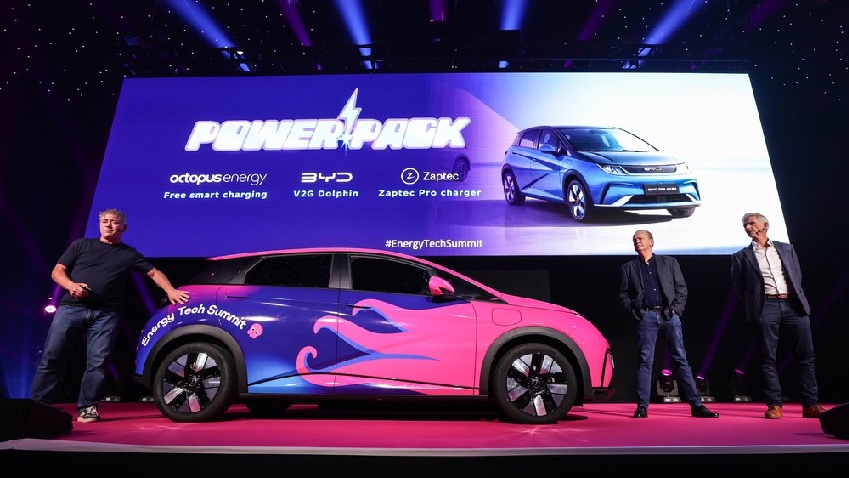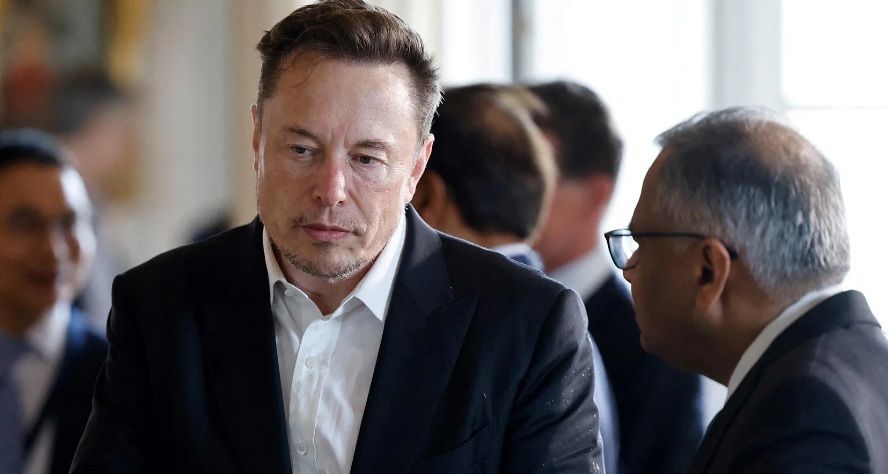Car industry sales in Germany fell by 5% in 2024, after consistent growth over the previous three years, with total revenue amounting to 536 billion euros last year, compared to 564 billion euros in 2023.
In this context, nearly 19,000 jobs were lost. Just over 761,000 people remained employed in the automotive industry by the end of last year, down from 780,000 a year earlier.
Meanwhile, the turnover of suppliers based in Germany dropped by 8% compared to the previous year, from 92.1 billion euros in 2023 to 85.2 billion euros, according to an analysis published by auditing and consulting firm EY.
“The German automotive industry is going through a massive and widespread crisis,” says EY automotive expert, Constantin Gall.
The issues in the country range from weak demand due to the current economic crisis to excessive costs and the expensive coexistence of combustion engines and electric cars, where the push towards electromobility is not yielding the expected results.
Several German manufacturers have recently announced cost-cutting programmes.
In the coming years, thousands of jobs will be cut in Germany at manufacturers such as Mercedes-Benz, Porsche, and Volkswagen.
“This year we will see car manufacturers massively cut costs to increase their resilience. This will inevitably lead to significant job cuts,” Gall commented.
GERMAN EXPORTS TO CHINA FALL BY 17%
The automotive sector faced the collapse of exports to China, which fell by 17% in 2024, with a turnover of 20.3 billion euros, after already dropping by 18% in 2023.
Germany’s largest export volume went to the United States (US), with over 34 billion euros, a 1.8% increase year-on-year.
The third place was occupied by the United Kingdom, with 20.3 billion euros in turnover (-4.4%).
In total, of the top ten export markets, only two— the US and Poland— saw growing values.
Overall, exports of vehicles and their components totalled 262 billion euros— almost half of Germany’s total turnover— down 4.12%, after the German industry reached 272.8 billion euros in 2023.
However, the significant importance of the US sales market could pose particular problems for the German automotive industry with the imposition of tariffs by the Trump administration.
Last year, 13% of Germany’s automotive exports were destined for the US.
Given recent geopolitical developments, EY considers it highly likely that there will be large-scale production relocations to the US or China in the future, which could lead to more layoffs in factories.
“This would significantly accelerate job losses in Germany,” says the expert.
Finally, EY’s analysis emphasises the urgent need for electromobility to have a “clear” roadmap in Europe, as the current duality of combustion engines alongside electrified ones is “severely affecting suppliers by making very costly investments” whose results are yet to materialise.
Read more
-
Powy at the Top 1 in Italy with the Largest Independent Charging Infrastructure Network
The Italian firm, also present in Spain, continues its growth and aims to have 2,500 charging points by the end of 2025. Costantino Fassino, a member of the Executive Committee, explains that at Powy the focus is on selecting the right location. What is the company’s strategy?
-
Octopus and BYD launch the UK’s first V2G bundle
Unveiled at Octopus Energy’s Energy Tech Summit, the Power Pack Bundle will include a leased V2G-ready BYD Dolphin, a bi-directional Zaptec Pro charger and access to a smart tariff. This is the first time V2G technology is built into the car itself, eliminating the need for a costly first-generation V2G charger.
-
French government threatens to fine Tesla €50,000 per day
Tesla has signed sales contracts without specifying a date, deadline, or delivery location for the vehicle, and without including details of credit payment options.










